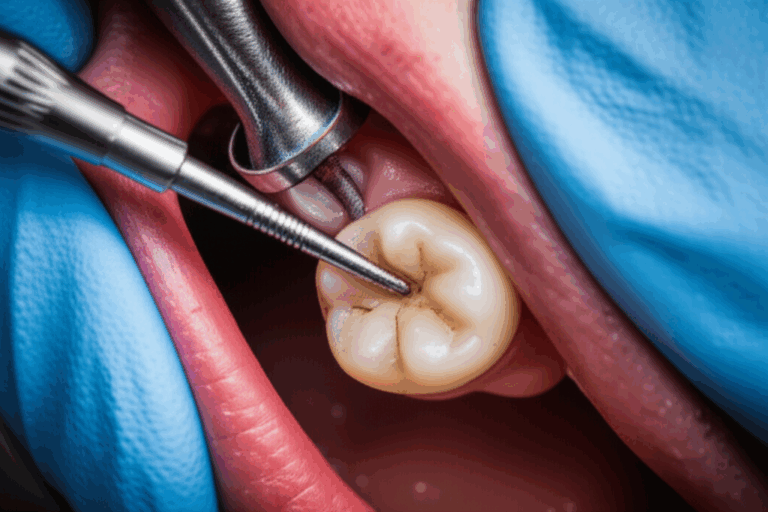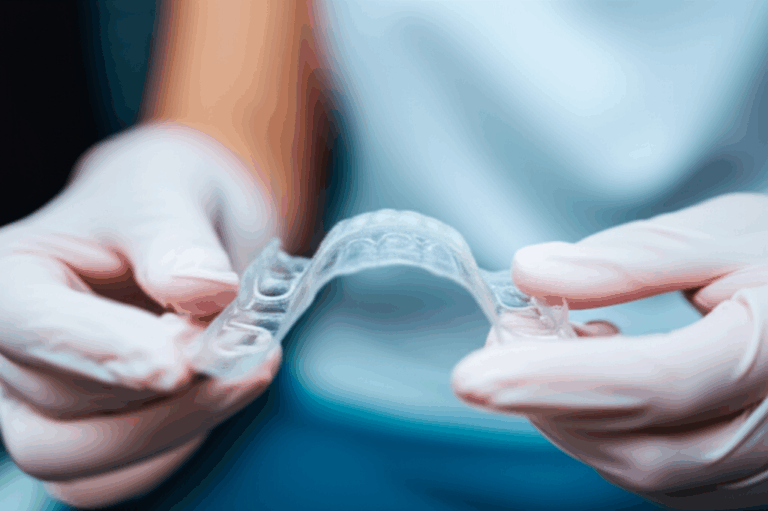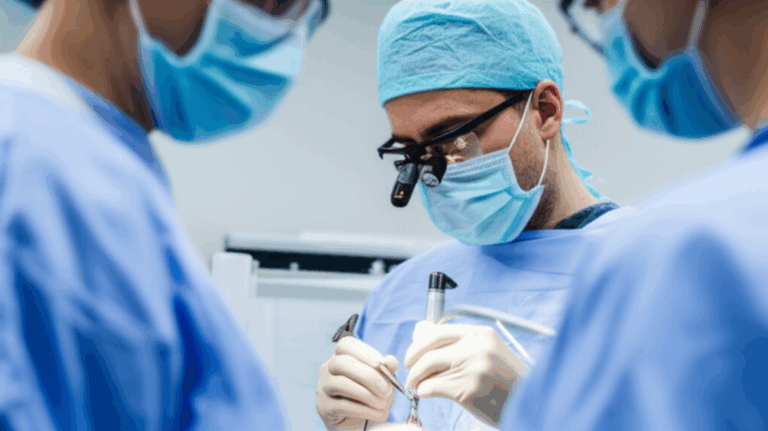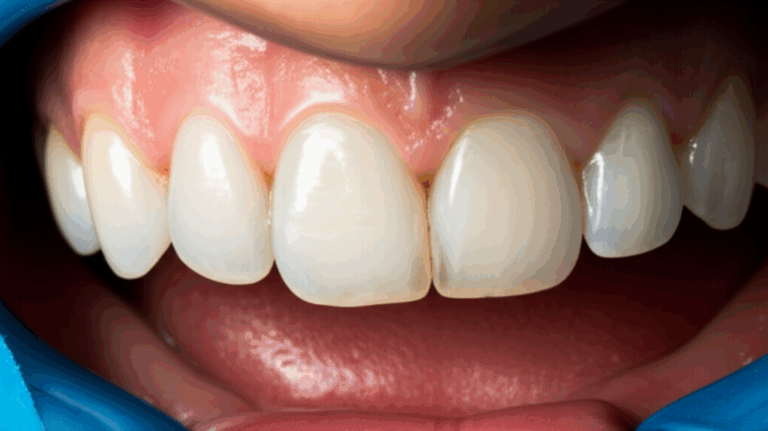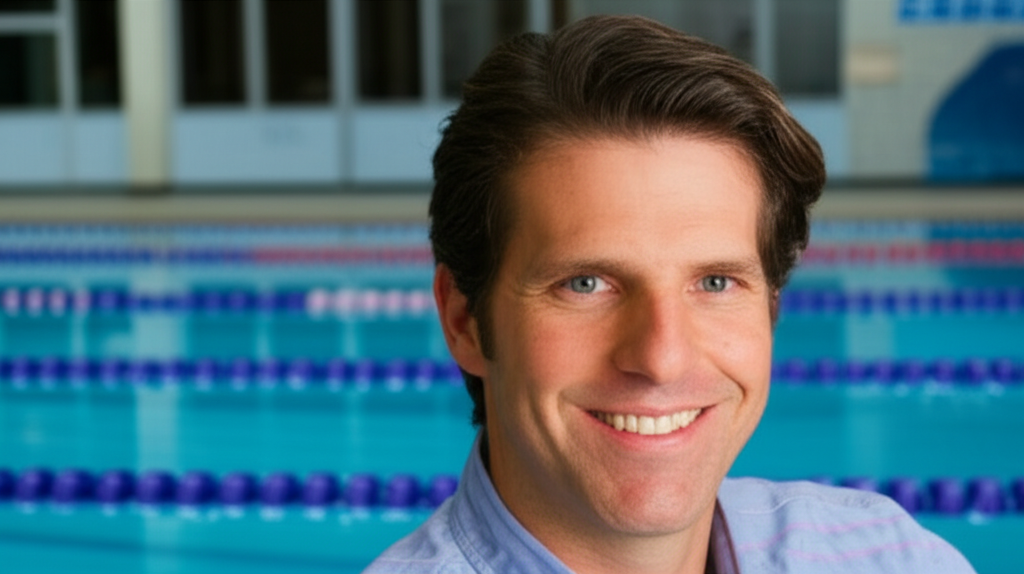
Did Mark Spitz Become a Dentist? My Journey Uncovering the Truth of a Swimming Legend’s Second Act
Table of Contents
- Lucrative Endorsements and Sponsorships
- Forays into Entertainment
- Business and Other Pursuits
- Continued Connection to Sports
- Family Influence: Following in Dad’s Footsteps?
- Academic Background and the Dentist Dream
- How Myths Take on a Life of Their Own
Introduction: The Quick Answer
Let’s not waste any time. I’ve gotten this question lots of times, and maybe you have too: Did Mark Spitz become a dentist after his swimming days?
Easiest answer—No, Mark Spitz did not become a dentist.
Maybe you heard this in a trivia game, from a sports fan, or just wondered what Olympic stars do after they stop competing. I started looking into Mark Spitz’s life after swimming and found out how a simple rumor can become something everybody thinks is true. Here’s what I found—the full story, where the dentist talk started, and what Mark Spitz really did after swimming.
The Myth Debunked: Mark Spitz’s Actual Career Path
Where Did the Dentist Story Start?
While I was looking this up, I kept seeing the same idea: Mark Spitz left swimming to work as a dentist. But how did this really start?
Two simple things came up:
- His dad, Arnold Spitz, was a dentist.
- Mark started college planning to study dentistry at Indiana University.
That’s all. Those things mixed together in news and gossip, and suddenly everyone believes it.
But the truth? Mark Spitz never finished dental school, never got a dentist license, and as far as anyone knows, never worked as a dentist—not even one day.
What Did Mark Spitz Actually Do After the Olympics?
This surprised me: Spitz stopped swimming at just 22, right after winning seven gold medals at the 1972 Munich Olympics. He could have gone anywhere with his life. But dental school wasn’t his pick.
Instead, he used his Olympic fame for a whole different life—full of business, speaking, TV, and more.
Life Beyond the Pool: Mark Spitz’s Post-Olympic Ventures
When you’re as well-known as Mark Spitz, lots of chances show up fast. If I put myself in his shoes—super famous with so many people wanting to work with me—what would I do?
Lucrative Endorsements and Sponsorships
First up: the ads and deals. Right away, Spitz got contracts with big names—like Speedo, IBM, Kodak, Coca-Cola, and Procter & Gamble. The money was huge. In just two years after Munich, he made as much as $5 million from ads and sponsorships.
That’s not pocket change. It was almost unheard of back then. It also helped start the trend of athletes making big money from sponsorships.
I think this is why some people guess he left sports to work in something common, like dentist. But the truth is, Spitz made plenty of money outside a dental office.
Forays into Entertainment
Like lots of athletes, Spitz tried out Hollywood.
He appeared in TV shows like “Emergency!” and “The Sonny & Cher Comedy Hour.” He even tried a bit of acting, but it wasn’t going to be his main job. Spitz showed up on talk shows, awards, and special events—his gold medals, big mustache, and friendly attitude made him easy to recognize.
Business and Other Pursuits
From what I’ve seen, Spitz didn’t just sit back and spend his money. He got into finance, working as a stockbroker and an investor. That’s pretty different from swimming!
Most athletes who do well after their sport have the same drive in business—they don’t quit just because the audience is gone. Spitz was one of these.
He also put money into different projects and businesses over the years, always looking for the next big thing instead of just picking one path.
Continued Connection to Sports
Some athletes stop and never look back. Not Spitz. He used his swimming fame for ambassador jobs, TV commentary, and motivational talks.
The coolest part? In 1992, at 41 years old, Spitz tried out for the U.S. Olympic team again for Barcelona. He didn’t make it, but trying at that age is still amazing.
Unpacking the “Dentist” Rumor: Why It Persists
So if Spitz didn’t become a dentist, why do so many people say he did? This comes up all the time with friends, so here’s why I think the story sticks.
Family Influence: Following in Dad’s Footsteps?
His family’s a big part of it. Spitz’s dad, Arnold Spitz, was a dentist. When people know an athlete “almost became a dentist” and his dad was one, it’s easy to connect the dots—even if it’s not true.
Academic Background and the Dentist Dream
Mark Spitz went to Indiana University and started college as a pre-dental student. He was on his way to becoming a dentist until swimming took over.
Whenever someone has a plan people know about, stories can get jumbled up—especially if they were close to a regular career like dentistry.
How Myths Take on a Life of Their Own
What I’ve found: good stories are hard to kill, even if they’re not true.
Here, things like “what ifs,” short news bits, and party talk turned a family story and school plan into another “what could have been.”
It’s the kind of myth that seems more true every time it’s told—unless you check the facts. People just like to imagine athletes becoming normal workers—like dentists, doctors, or salesmen. The real story is just as cool, even if it doesn’t have drills or dental chairs.
Mark Spitz Today: Legacy Beyond Dentistry
So what’s Spitz doing now?
Look around today and you’ll see he’s still a big part of his Olympic story. He still inspires people with public talks and helps with events.
He’s never run a dental office or worked in teeth. Instead, he shows how athletes can find new things to do with their lives once the games are over.
Even some folks in modern dentistry look up to Spitz for drive and inspiration—whether in digital dental lab tech, dental implant advances, or other parts of the field, the push to do your best is always there.
Conclusion: Olympic Legend, Not Dentist
If my digging proved anything, it’s this: Mark Spitz is many things—Olympic hero, businessman, investor, speaker—but he’s not a dentist.
His life after swimming is full of changes, ambition, and surprises. The dentist story, though based on a few facts from his family and school, just isn’t true.
What I like most is that Spitz picked his own way. He didn’t follow what everyone else thought, or go for the “safe” dentist job.
His story reminds me that life after being a champion is just as interesting as the races.
So next time someone brings up Mark Spitz and dentistry in a trivia night, you’ll know the real answer—and the real story behind the legend.
FAQ: Your Burning Questions Answered
1. Did Mark Spitz ever go to dental school?
No. He started college as a pre-dental student at Indiana University but never did dental school, never became a dentist, and never worked as one.
2. Why do people think Mark Spitz became a dentist?
Two main reasons: his dad was a dentist, and Spitz started college planning to be one before he chose swimming.
3. What did Mark Spitz do instead of dentistry?
He made a career out of endorsements, some acting, investing, and talking to crowds. He also tried to make a swimming comeback in 1992.
4. Has Mark Spitz had any direct involvement in the dental field?
No, besides his early school plan and family story. He never worked in, owned, or was part of a dental practice, dental lab, or any type of work like veneers or lab jobs.
Thanks for joining me as we dug into a legend, an athlete, and the real truth after Olympic glory. If you want to know about more sports stories or how to switch careers—on the field or anywhere else—stick around. There’s always something new to find!

